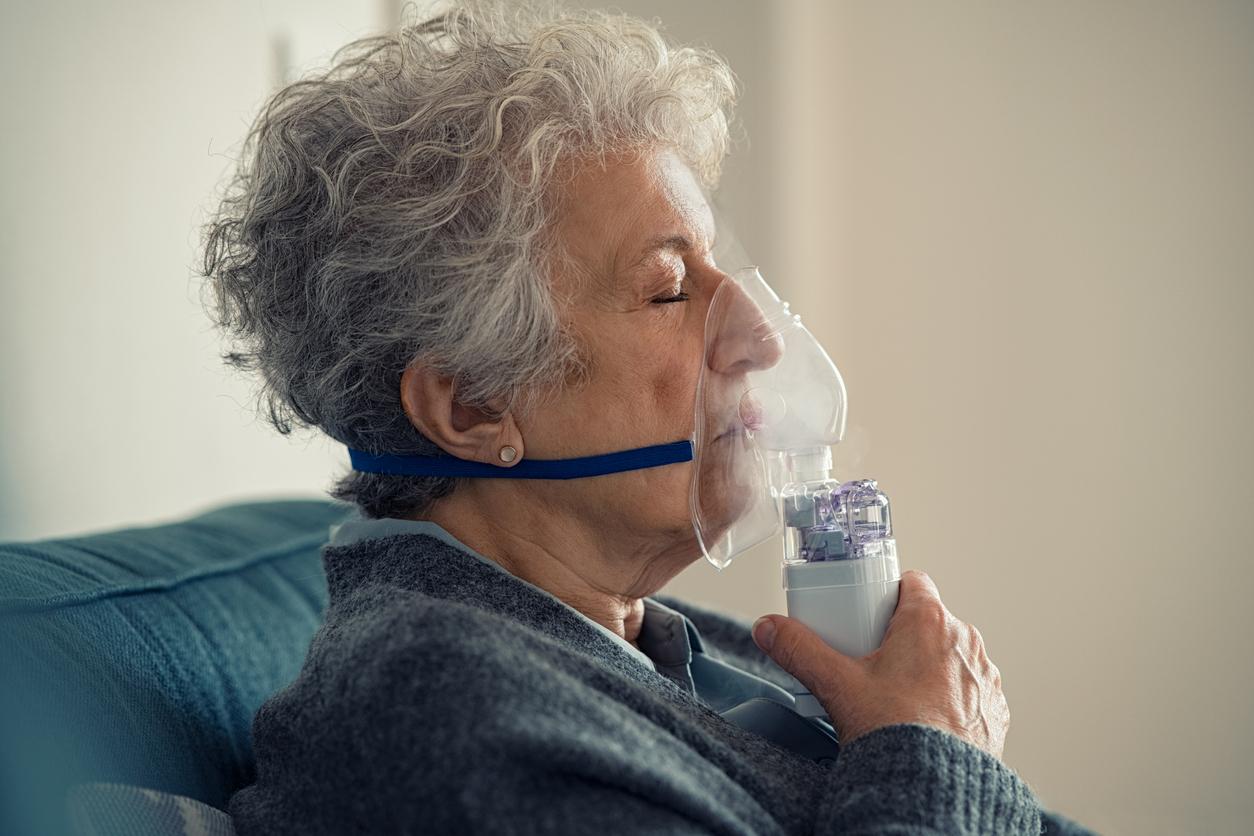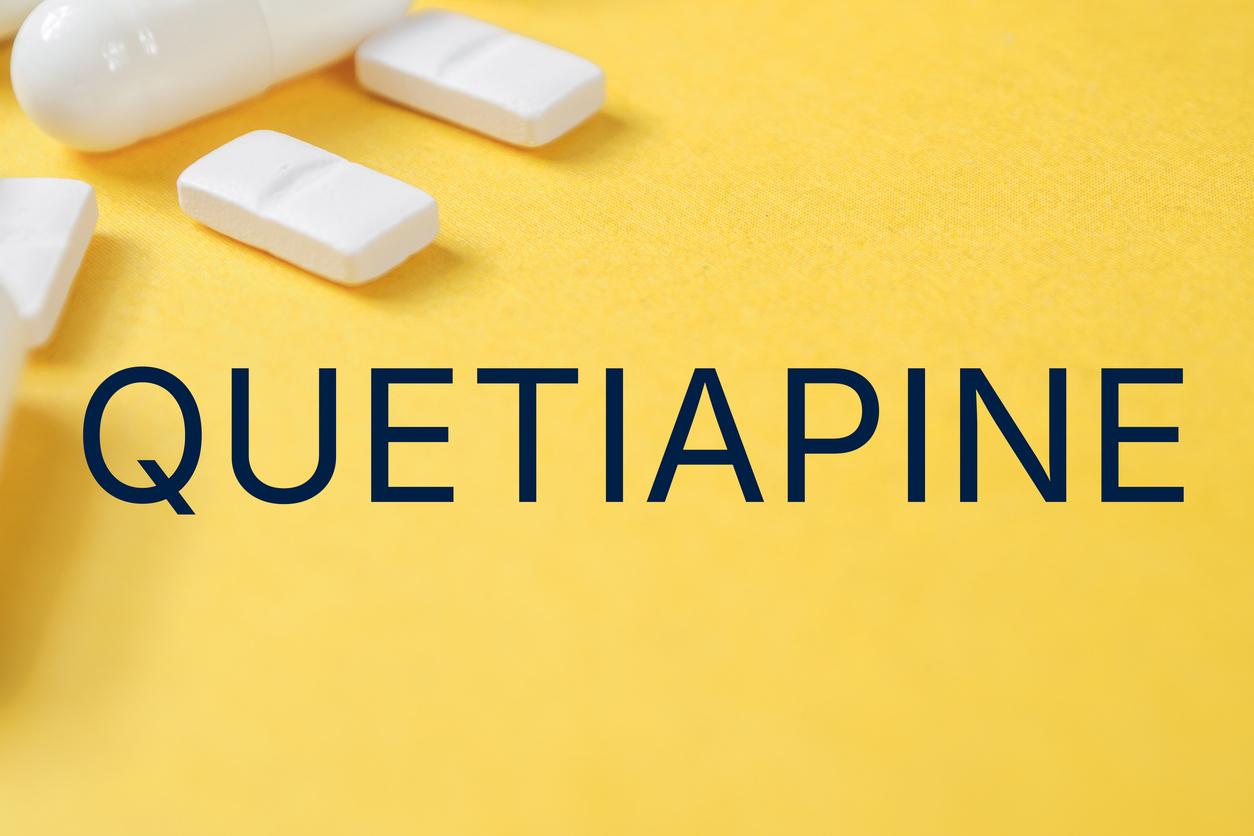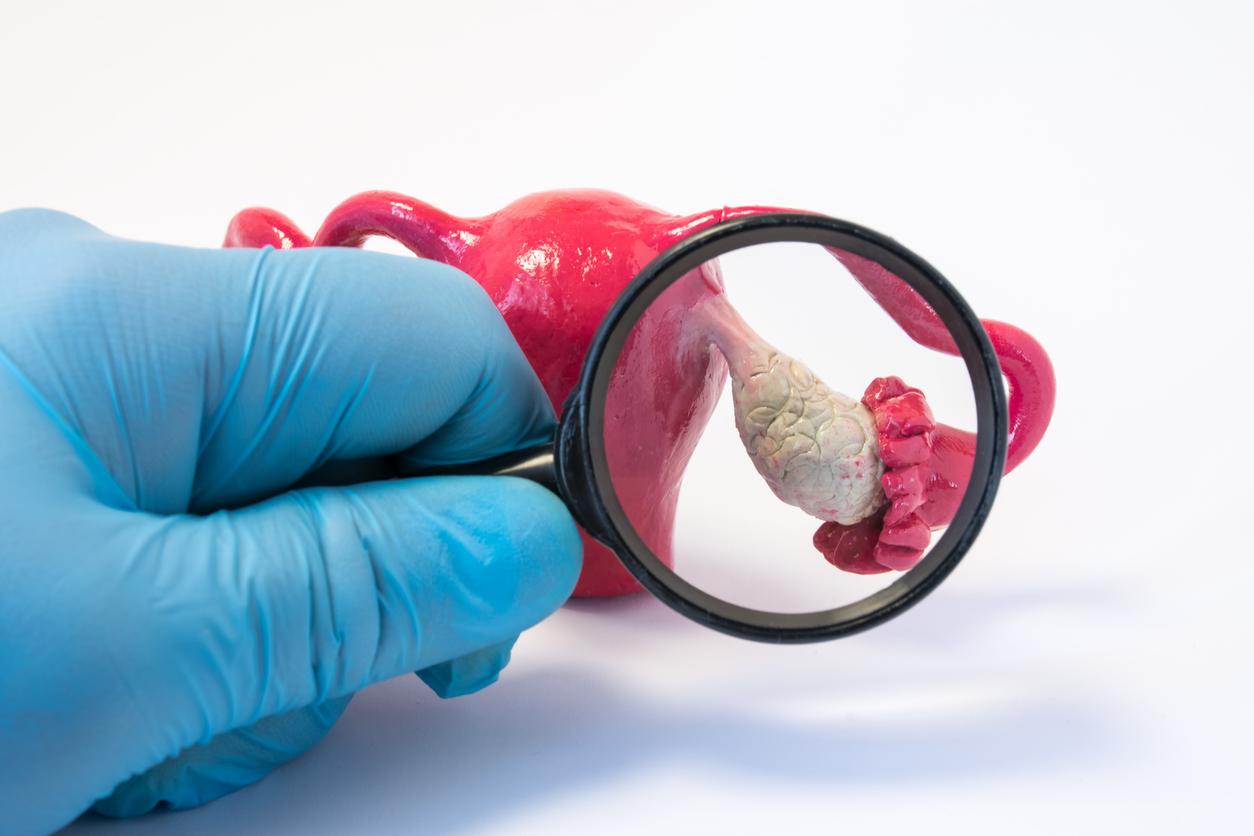The respiratory assistance devices in question could expose users to an increased risk of cancer and, in pregnant women, of birth defects, according to the National Agency for the Safety of Medicines.

- The French National Agency for the Safety of Medicines has requested the replacement of medical devices for respiratory assistance for patients at home, after the American manufacturer Medtronic reported possible serious health risks.
- In 2023, during its reassessment of biological risks, Medtronic identified an excess risk associated with continuous exposure over fourteen years to a volatile organic compound, called “1,3-dichloro2propanol”, from the sound-absorbing foam of ventilators.
- This involves “a potential increased risk of cancer and infertility and, in pregnant women, of congenital malformations or abnormal development of the foetus”.
A “potential increased risk of cancer and infertility”. The French National Agency for the Safety of Medicines (ANSM) requested, on Wednesday, July 10, the replacement of several medical devices for respiratory assistance for patients at home. A decision that follows a report from the American manufacturer Medtronic concerning possible serious risks linked to a substance in soundproofing foam.
Overexposure to a volatile organic compound
These Puritan Bennett 500 (PB500) ventilators are used in France at home by “ventilator-dependent” children and adults, suffering for example from chronic respiratory failure. In total, 935 artificial respirators have been marketed in the country since 2010 and, to date, the manufacturer estimates that fewer than 200 are still in use. “We recommend replacing devices still in use with devices from another brand within 6 months.”explains the ANSM in a communicated.
And for good reason: in 2023, during its reassessment of biological risks, Medtronic identified an excess risk associated with continuous exposure for fourteen years to a volatile organic compound, called “1,3-dichloro2propanol”, coming from the soundproofing foam of the ventilators. In short, the substance exceeded the authorized exposure thresholds after fourteen years of use. In this case, it is a question of“a potential increased risk of cancer and infertility and, in pregnant women, of congenital malformations or abnormal development of the fetus.”
Another model of ventilator prescribed by doctors to patients
However, according to the manufacturer, these risks have not yet been “not confirmed in human studies”and no reports related to this issue have been reported through market surveillance.
The drug agency, which says it has set up a monitoring system for ventilator replacements, advises patients not to stop using the devices in question on their own, assuring that their home health care provider will contact them to inform them and that their doctor will prescribe an alternative model.
















